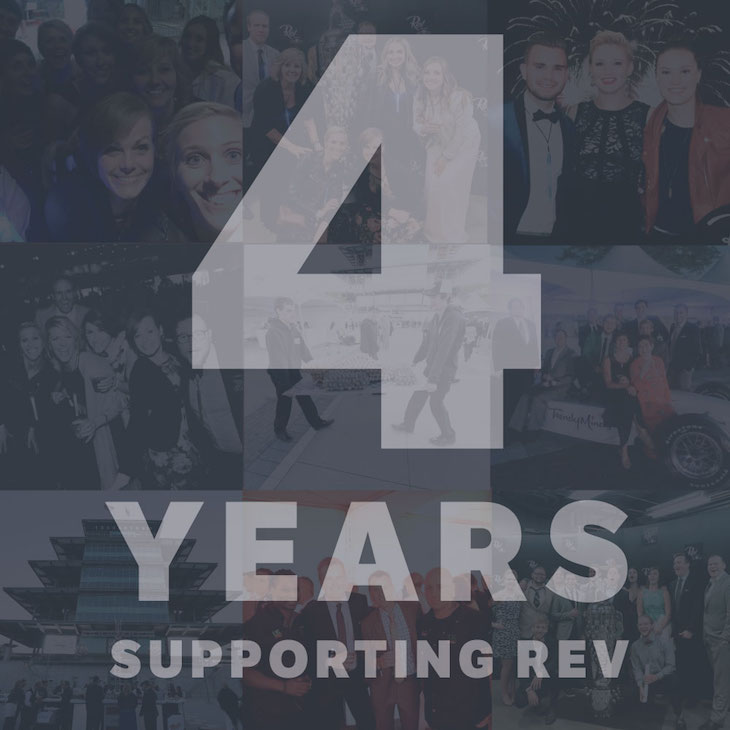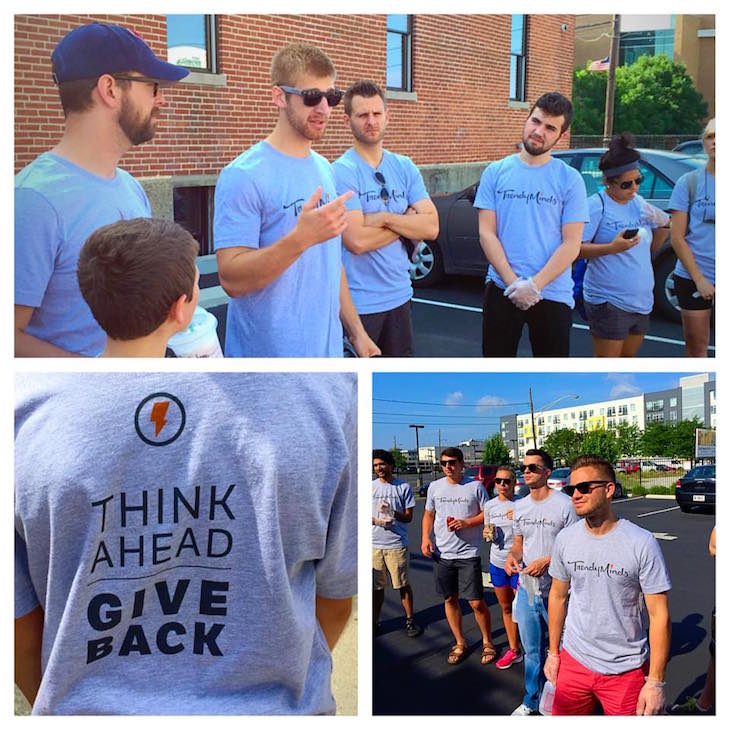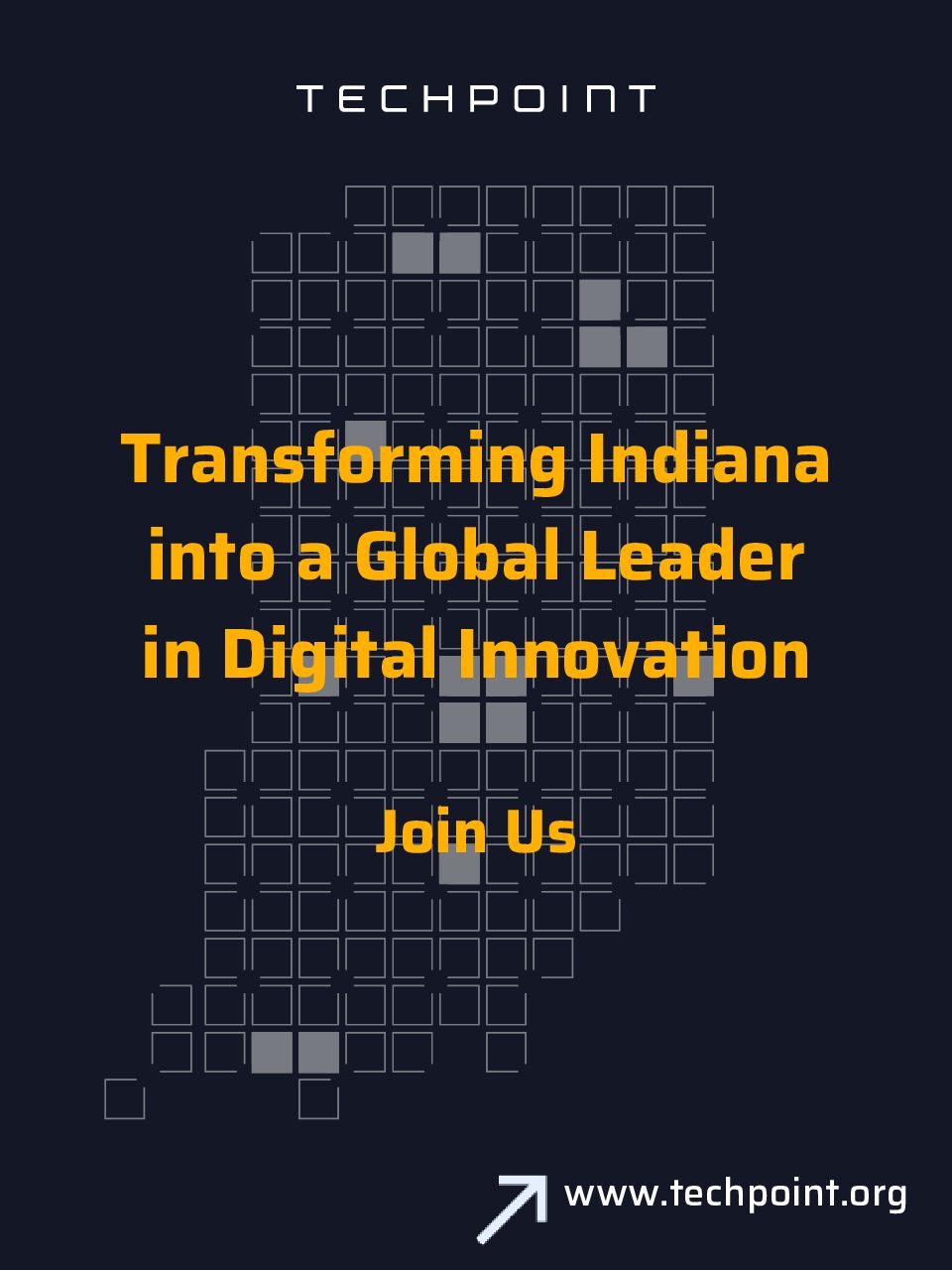Initial Philanthropic Opportunity: The New ‘IPO’ in the Tech Community
Over the past few months, I’ve had several conversations about philanthropy and what we, as part of the tech community, are doing to give back to those in need. The same question always pops into my head:
Why do we give back?
As companies in the tech community, do we champion philanthropy because it’s good PR? Do we do it because our team members and boards ask for it? Do our efforts go beyond our tech bubble and actually provide benefits to the broader communities in which we live and work?
Maybe the most reflective question of them all is this: Are we helping the community — or are we helping ourselves?
Some organizations do various philanthropic activities. Some may even think that we are huge philanthropists.
Every year, events like Giving Tuesday come up, and company leaders are quick to jump on the bandwagon. You see tweets about how employees took half a day to clean up a street or plant some trees. Don’t get me wrong, we do these things too, and they are important contributions that make communities better places to work and live.
Many people, including me, think there are still huge gaps, a notion that’s supported by tech companies who only add philanthropy as part of their principles after an IPO. After initial funding. After success. After profits. After the company is secure and even thriving.
For leaders and business owners, the financial commitment of many philanthropic opportunities can be a burden early on, an added stress to starting a business and keeping it successful. What I propose, however, is a new way to look at philanthropy, one that begins with a different type of IPO.
A Different IPO: Initial Philanthropic Opportunity
What if instead of a nice-to-have, we treated philanthropy as an integral part of doing business?
This is where the idea of an Initial Philanthropic Opportunity comes into play, and it can help answer that question I proposed earlier: Why do we give back?
I’m the son of a truck driver and a hair stylist. I was raised in a modest environment, even poor by most standards. Nevertheless, my parents stressed the importance of helping people who were less fortunate than us. While we didn’t have a lot of money, my parents had a strong belief to give back to our church, our community and to other families who needed help buying groceries.
My parents didn’t attend big fundraising dinners. They never had buildings named after them. Instead, they quietly helped out wherever they could, and they taught us the importance of giving back — even if it’s a small amount or tiny gesture.
And that’s the key. Your Initial Philanthropic Opportunity can be anything. It doesn’t have to make headlines or generate social media buzz. It sure as heck doesn’t need to make you a superstar.

In a recent search of large local arts and medical charities, I’ve noticed that the tech community is largely missing. We should be present. And we should be leaders in philanthropy.
Tech companies: join the fun! You don’t have to wait until you reach your IPO to do some good. As we all know, statistics show that many new businesses won’t make it more than a few years. The important thing is to start helping now, however you can. Then, if you make it big, you’ll be ready to do even more because it will have always been a part of who your company is.
So, how do you make philanthropy a core piece of your business and take advantage of your Initial Philanthropic Opportunity?
Seize Your Initial Philanthropic Opportunity
When first starting out, consider different types of philanthropic opportunities, such as getting involved in a local non-profit organization, providing consultation at no cost or offering in-kind donations of your services or products.
Notice I didn’t say you had to give away a pile of cash — there’s more to philanthropy than just the financial side. For many companies (and their employees), the option of sharing time or expertise may be more appealing than dipping into their own pockets. This is one way to increase involvement early in your company’s growth without breaking the bank.

At TrendyMinds, we started small. Starting with our founding in 1995, we requested 10-15 “Letters to Santa” from NYC kids. Before having our holiday party, our team would hit the malls and buy presents for these children in hopes our gifts would brighten their lives and give them something to smile about. Was this a huge investment? No. Did it establish a foundation for future growth that we still build upon to this day? Absolutely.
In 2016, we formalized our philanthropic program even more by joining Pledge 1%. We promised to donate one percent of our equity, time and product to philanthropic causes each year. Even though we’ve grown our philanthropic efforts during the past 22 years, we’re by no means finished.
As entrepreneurs, we are no strangers to finding creative solutions that solve complicated problems. Working philanthropy into the tight budget and demanding schedule of running a startup is exactly the kind of puzzle we love to figure out. In the tech sector, it’s still something we need to figure out, and it begins with being deliberate.
It begins with answering that question: Why do we give back? It begins with seizing that Initial Philanthropic Opportunity, no matter how small, and making philanthropy a part of our foundational principles. And, perhaps most importantly, it doesn’t end.
About the Author
 Trevor Yager founded TrendyMinds while still a student at Anderson University. Today, he provides strategic planning, business development, marketing and technology guidance and support to local, national and international clients across the agency.
Trevor Yager founded TrendyMinds while still a student at Anderson University. Today, he provides strategic planning, business development, marketing and technology guidance and support to local, national and international clients across the agency.
In 2009, Junior Achievement recognized Trevor as one of “Indy’s Best and Brightest,” and in 2011, Indianapolis Business Journal named him one of Indianapolis’ “Forty Under 40.”
Trevor serves as chair on the Board of Visitors for Jordan College of the Arts at Butler University and was appointed by Indiana Governor Mitch Daniels to serve as a commissioner on the Indiana Arts Commission, where he became chair in June 2013. He has been featured as a regular “Insider” on Inside Indiana Business and has been featured in outlets including MSNBC, ABC News, Politico, The Advocate, The New York Times, The Washington Post, PR Week, The Indy Star and Indianapolis Monthly.







































